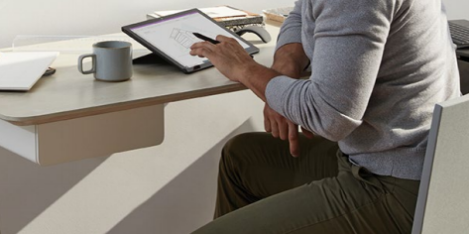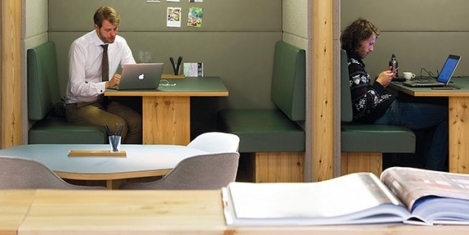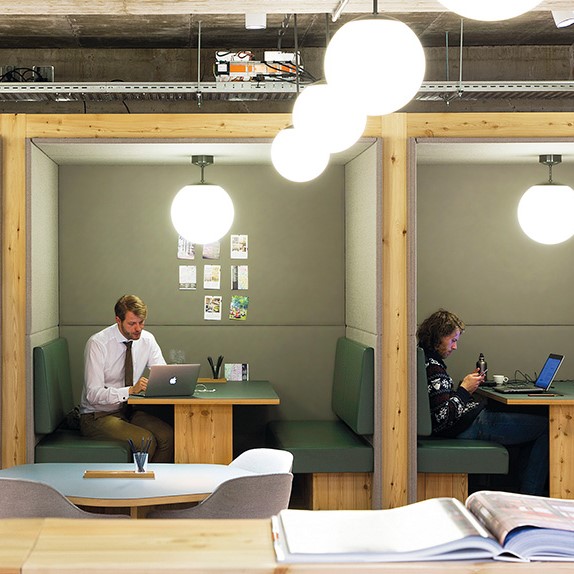To provide the best experiences, we use technologies like cookies to store and/or access device information. Consenting to these technologies will allow us to process data such as browsing behaviour or unique IDs on this site. Not consenting or withdrawing consent, may adversely affect certain features and functions.
The technical storage or access is strictly necessary for the legitimate purpose of enabling the use of a specific service explicitly requested by the subscriber or user, or for the sole purpose of carrying out the transmission of a communication over an electronic communications network.
The technical storage or access is necessary for the legitimate purpose of storing preferences that are not requested by the subscriber or user.
The technical storage or access that is used exclusively for statistical purposes.
The technical storage or access that is used exclusively for anonymous statistical purposes. Without a subpoena, voluntary compliance on the part of your Internet Service Provider, or additional records from a third party, information stored or retrieved for this purpose alone cannot usually be used to identify you.
The technical storage or access is required to create user profiles to send advertising, or to track the user on a website or across several websites for similar marketing purposes.
 A little over five years ago, most knowledge workers went home — and dialed into the office remotely. The pandemic triggered a massive uptick in the “virtual workforce,” and organizations raced to provide technology to make connectivity possible. The limitations of those early “quick and dirty” solutions became apparent as the majority of the workforce settled into a hybrid model. (According to Gallup, 51 percent of US workers with remote-capable jobs follow a hybrid schedule while 28 percent are fully remote.) (more…)
A little over five years ago, most knowledge workers went home — and dialed into the office remotely. The pandemic triggered a massive uptick in the “virtual workforce,” and organizations raced to provide technology to make connectivity possible. The limitations of those early “quick and dirty” solutions became apparent as the majority of the workforce settled into a hybrid model. (According to Gallup, 51 percent of US workers with remote-capable jobs follow a hybrid schedule while 28 percent are fully remote.) (more…)


































May 5, 2025
Office design and the office market are not what you might be led to believe
by Mark Eltringham • Comment, Workplace design